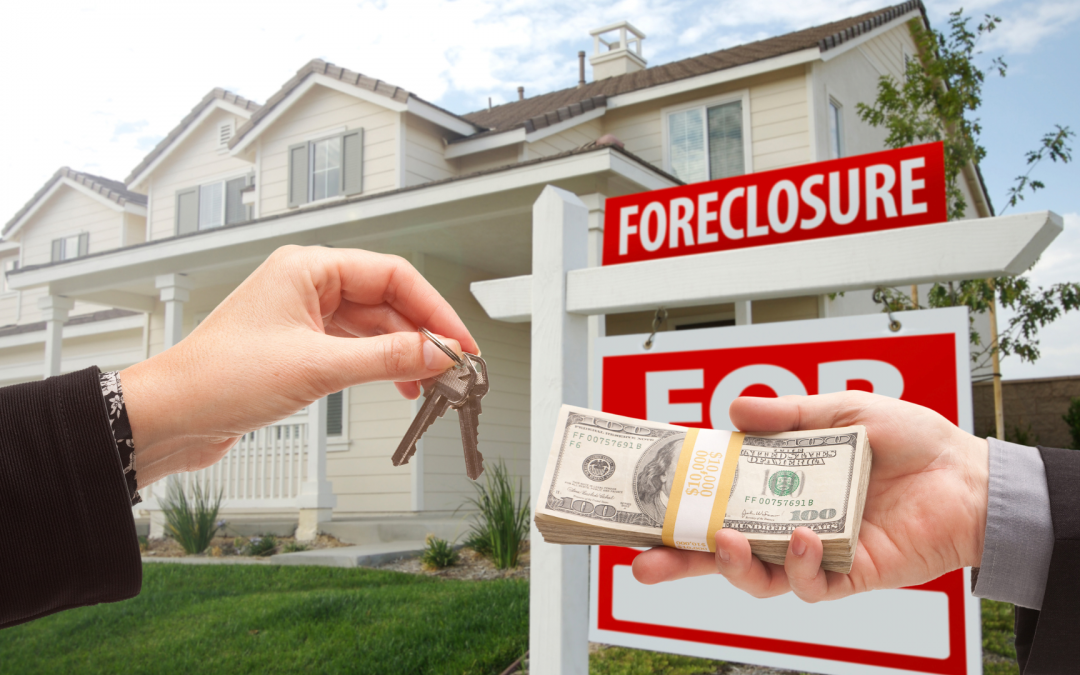Buying a foreclosed property can be an enticing option for first-time homebuyers, real estate investors, and property flippers due to the potential for lower prices compared to traditional listings. However, purchasing these properties has pitfalls that can turn a seeming bargain into an expensive lesson.
Here’s how to avoid the common mistakes.
1. Don’t Ignore The Problem
One of the gravest errors you can make is to overlook or undermine the issues that led to the foreclosure. Invest in a thorough property inspection before making an offer on a foreclosed home. This step is vital to uncovering any major structural problems, pest infestations, or other defects that could require costly repairs. Foreclosed properties are often sold ‘as is’, so pinpointing issues early can save you from regret.
2. Mortgage Repayment Plan
If the previous owners had difficulty keeping up with mortgage payments, be proactive and outline your repayment strategy. Ensure your financial plan is robust enough to handle the mortgage and any unexpected expenses that may arise. For investors, this means having a clear exit strategy, whether it’s renting out the property or flipping it for profit.
3. Loan Modification
Consider seeking a loan modification if you want to buy and need more financially ready. This means negotiating with the lender for better terms on your mortgage, which could include a reduced interest rate or extended loan period. Be cautious of scams and work only with reputable counselors.
4. Deed-In-Lieu of Foreclosure
A deed-in-lieu of foreclosure allows you to return the property to the lender if you cannot make the payments and want to avoid foreclosure. However, understand the implications for your credit and any tax consequences before going this route.
5. Short Sale
Sometimes, properties on the brink of foreclosure are sold through a short sale, where the lender agrees to accept less than the amount owed on the mortgage. If you’re contemplating a short sale purchase, patience is key. These transactions can take a long time to conclude, and there’s no guarantee you’ll get the property even after months of waiting.
6. Short Refinance
A short refinance involves paying off a portion of the existing loan and refinancing the rest into a new mortgage. While not common, this route can benefit you if the lender is willing. Be prepared for a rigorous approval process, and be sure your credit health is strong enough to handle a new loan.
7. Refinance With a Hard Money Loan
If traditional financing isn’t an option, some buyers turn to hard money loans—short-term loans with higher interest rates. This strategy is popular among flippers who need quick financing to buy and renovate properties before reselling them. Be aware of these loans’ high costs and risks, and ensure your projected profits justify the expenses.
Conduct due diligence to fully understand what you’re getting into when considering a foreclosed property. The allure of a great deal can be powerful, but without meticulous homework and strategic financial planning, it can become a costly trap.
Remember these guidelines for first-time home buyers, real estate investors, and property flippers to sidestep the common pitfalls of buying foreclosed properties. With the right approach, you can turn these investments into lucrative deals.






